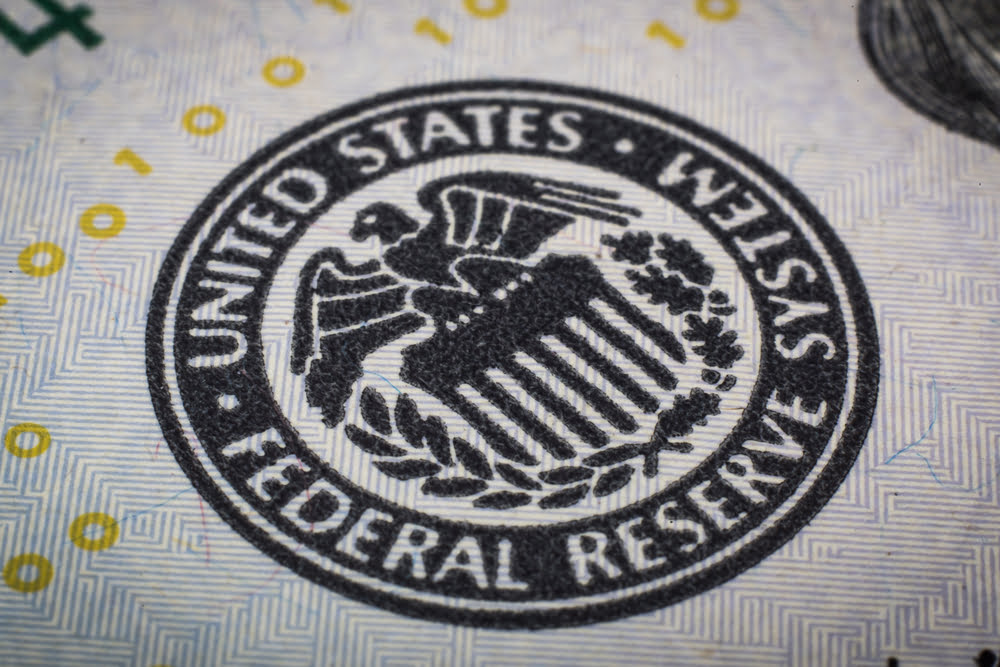One of the biggest questions among cryptocurrency enthusiasts is whether or not central banks will issue their own digital currencies. So far, it seems no bank has taken the plunge just yet. Even the Federal Reserve is not inclined to do so anytime soon, but research into creating a digital dollar is ongoing. Right now, there is no official plan to create a digital currency, but things are always subject to change.
Federal Reserve and Digital Currencies
Given our society’s shift toward digital payments, it only makes sense to explore the concept of central bank digital currencies. Not only would they make life a lot easier for institutions such as the Federal Reserve, but they would also allow such entities to compete with Bitcoin and other cryptocurrencies. In some countries, they may even have a positive effect on the transition to a cashless society. Whether or not such a thing will ever become a reality remains to be seen, though.
More specifically, the Federal Reserve has been somewhat keen on issuing its own digital currency in the near future. Surprisingly, it has not yet done so, but that could always change. According to San Francisco Fed President John Williams, there is “no development of a proprietary digital currency.” This means we won’t see anything similar to E-Coin or the Digital Dollar in the near future. It is a somewhat surprising development considering how Bitcoin and cryptocurrencies are genuinely taking off right now.
At the same time, Williams pointed out that research regarding a central bank digital currency is ongoing as we speak. Similar research is taking place all over the world, as various banks and governments contemplate the idea of creating such currencies. This can only happen if such a project makes perfect sense for all parties involved, though. Right now, that doesn’t appear to be the case anywhere, which isn’t entirely surprising. Rest assured this topic will be revisited quite a few times in the near future.
If the Federal Reserve ever goes ahead with its own digital currency, it will be interesting to see what the future holds. Most likely, such a currency will not replace cash right away, but merely serve as a complementary currency. Entire infrastructures nationwide will need to be upgraded before this digital currency can ever be used for everyday purposes.
Most people will be keeping an eye on how such digital currencies fare relative to Bitcoin and other established cryptocurrencies. The latter forms of money are very different from the former, and shouldn’t even be considered to be in the same league whatsoever. After all, Bitcoin is a cryptocurrency which is available to the entire world. A digital currency issued by the Federal Reserve would mainly be limited to use across the US. Moreover, no one knows exactly how many of these coins there will be ultimately, or how they will be issued and stored. An interesting future lies ahead regardless of whether these plans come to fruition in the coming years.
In the end, it will mainly come down to which central bank issues its digital currency first. The Federal Reserve may be one of those institutions eager to wait and see how this technology evolves in the coming years. There is still a lot of uncertainty regarding such currencies, as their viability has yet to be proven in any official capacity. Rest assured the financial industry will undergo many changes over the next few years.

